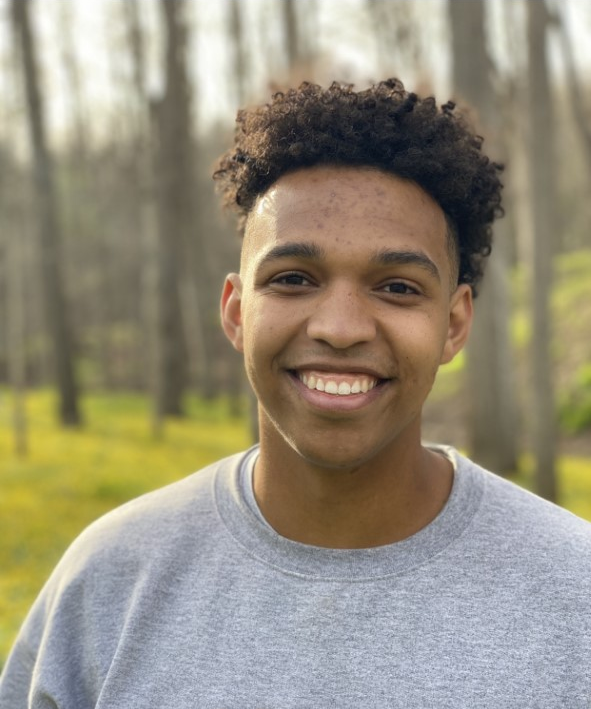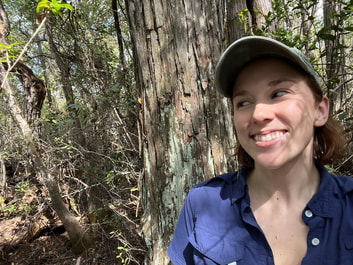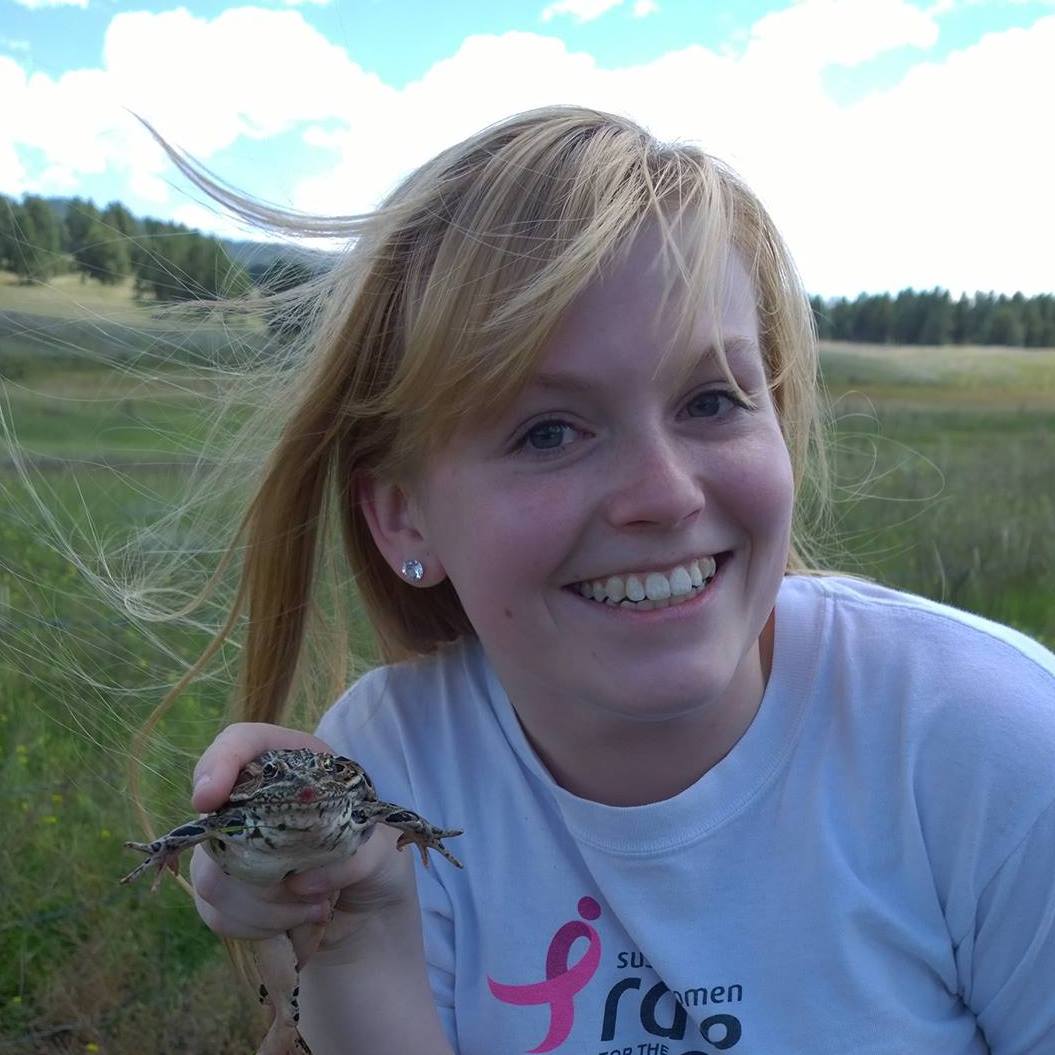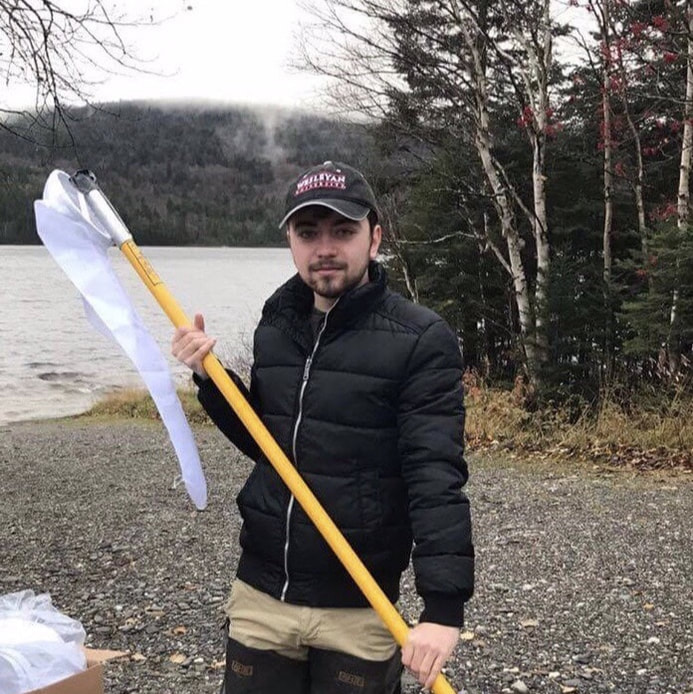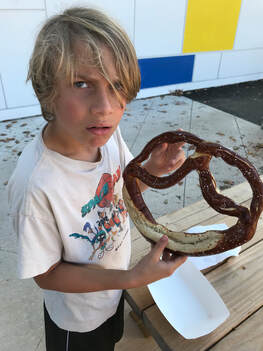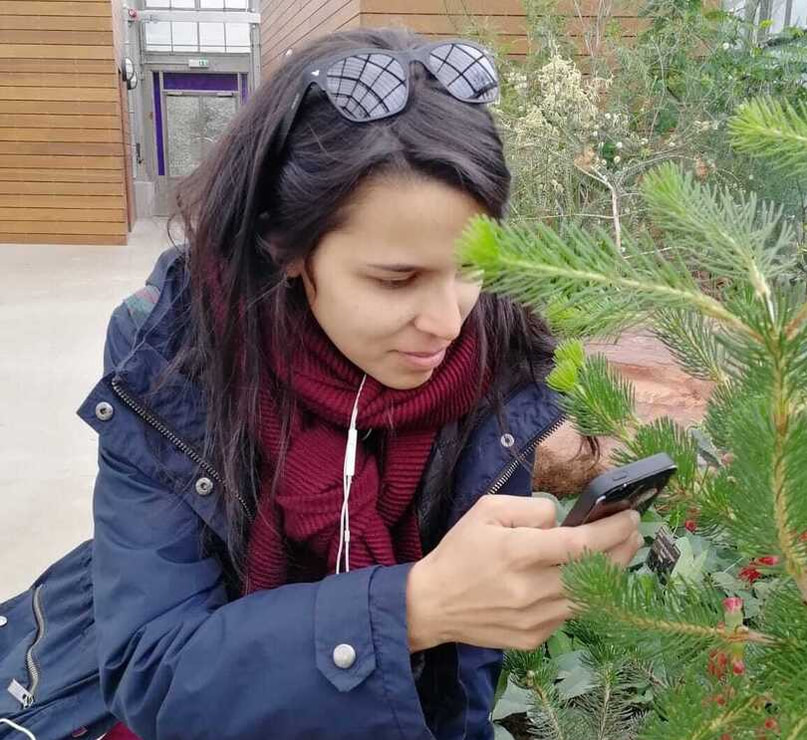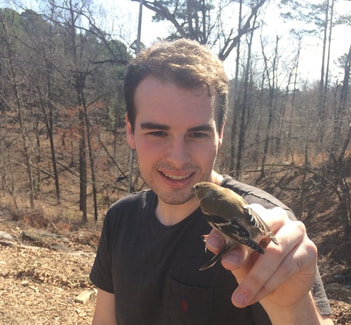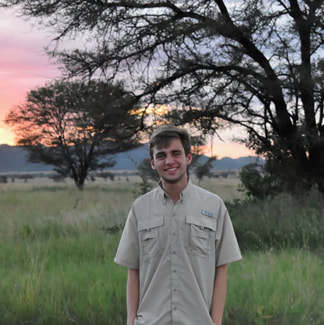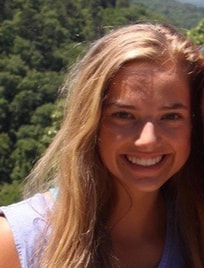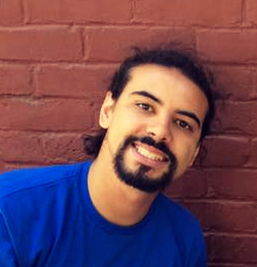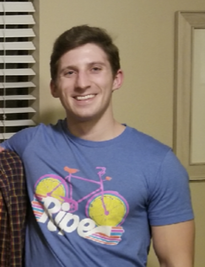Jeremy BeaulieuPrincipal Investigator
My research is mainly focused on developing new approaches to large tree construction and new phylogenetic comparative methods to gain insights into the evolution of the large flowering plant clades (most notably, campanulid angiosperms). By combining biogeographic history with morphological character information my hope is to better understand patterns of lineage diversification and its consequences on the distribution of biodiversity. My Google Scholar page is here. My CV is here. Email: [email protected] |
Christopher WilsonGraduate student, PhD
Chris' research will deal with how climate change effects the distribution, phenology, and biology of non-Apis bees along side their plant partners. As bees are usually specific as to what pollens and nectars they are able to consume and develop on, it is a huge problem if they miss their window of opportunity for then their hosts are available. He is currently in his first year in our PhD program Email: [email protected] |
Kelsey ClineGraduate student, PhD
Kelsey's recently obtained a MSc degree in our Entomology department. Her current interests involve the distribution, biogeography, and physiology of eastern North American tree groups. She is currently in her second year in our PhD program. Email: [email protected] |
Katy DupreeGraduate student, PhD
Currently, Katy is interested in studying trait evolution in flowering plants. More specifically, she is interested in identifying traits affecting the differential success of invasive plant species relative to their native counterparts. In identifying characteristic traits of successful invasive plants across the genus and family scale, we can better understand what makes a successful invader, inform management practices, and better identify future invasive species before they become a problem. Link to Katy's website is here. Email: [email protected] |
Eric HagenGraduate student, PhD
Eric’s dissertation focuses on whole genome duplications in plants, especially angiosperms. He researches how polyploidy affects diversification, niche construction and exploitation, trait evolution, and other macroevolutionary processes. Additionally, Eric is interested in using scientific approaches to address philosophical problems in biology, including higher-level selection, methods of tree inference, and character individuation. You can find his Twitter here and his website here. Email: [email protected] |
F1Always looking for free food.
|
Thais VasconcelosLab Alumnus
Thais was a postdoctoral researcher in the lab that worked on development of biologically realistic methods in macroevolution and analyses of large datasets of traits and distribution to address these questions. She is currently an Assistant Professor in EEB department at the University of Michigan. |
James BoykoLab Alumnus
James graduated in Fall 2022. His work involved applying information theory to common phylogenetic comparative methods to quantify the limits of our knowledge. He also developed several novel hidden Markov models (HMMs) that allowed for arbitrary state space and allowed for testing continuous and discrete traits (an approach we call hOUwie). He is currently a postdoctoral researcher at the University of Michigan. |
Andrew PalmerLab Alumnus
Andrew was an undergraduate majoring in Biology and Sociology. His work focused on geographic range modeling and population-level phylogenetics of an invasive honeysuckle, Lonicera maackii, which is taking over the forests around Fayetteville. He is currently a medical student at the University of Chicago. |
Phoebe BruffettLab Alumnus
Phoebe was an undergraduate researcher, joining the lab in Fall 2019 and graduated Spring 2022. Her work involved learning techniques for extracting and sequencing DNA, and inferring phylogenies from these data. She is currently a medical student at UAMS. |
Daniel CaetanoLab Alumnus
Daniel was a postdoctoral researcher in the lab from 2017-2020. Daniel is an evolutionary biologist interested in phylogenetic comparative methods of trait evolution. The main driver of his research is to evaluate and develop novel ways to investigate the evolution of complex phenotypes applied across the tree of life in a variety of biological systems. His recent work involves comparative methods for multivariate data, multilayered phenotypes and fitting predictor functions to macroevolutionary patterns. Daniel is an Assistant Professor at Towson University in Fall 2022. |
Peter HasikLab Alumnus
Peter was in the lab from 2018-2020, and recently completed his Master's degree. His work focused on examining macroevolutionary signals in extinction risk. Peter currently works for Fish and Wildlife. |

